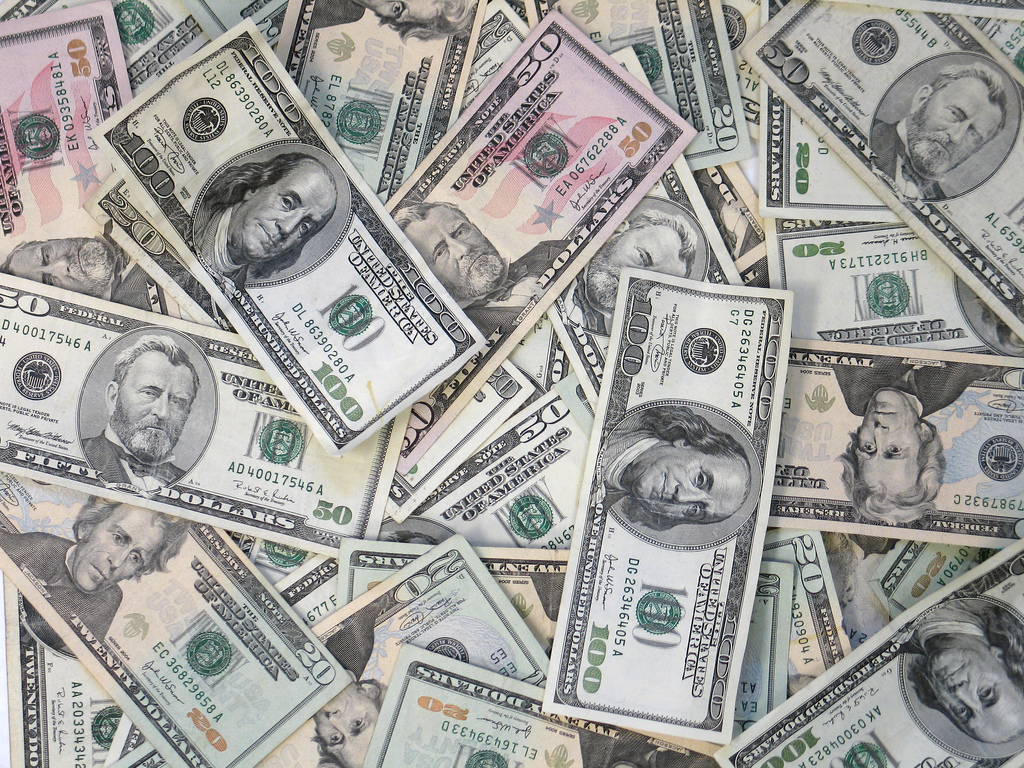FTC Told New Regs Could Cost Web Billions in Ad Dollars
IAB says ban of targeted, personalized ads is unwarranted

The smarter way to stay on top of the multichannel video marketplace. Sign up below.
You are now subscribed
Your newsletter sign-up was successful
Internet advertisers say that the Federal Trade Commission is ”flouting“ the will of Congress and its own rules and say it would be “misguided” for them to start regulating the digital advertising and marketing industry as the regulator has proposed.
That came in comments from the Interactive Advertising Bureau on what the IAB says is the FTC's signal — via an Advance Notice of Proposed Rulemaking — that it can use its authority over unfair and deceptive practices to declare "essentially all" consumer data use off limits.
And, if the end result was effectively that bad, IAB said, “it is likely that between “$32 billion and $39 billion of advertising and ecosystem revenue would move away from the open web by 2025.”
Also: IAB Report Calls Privacy Legislation Threat to Addressability
IAB pointed to the rulemaking proposal’s singling out of targeted advertising and personalized advertising as examples of “personal surveillance” that is potentially unfair and deceptive, which it called a “perplexing and unfounded” change from previous FTC policy.
The FTC also said targeted and personalized ads have only a “theoretical” potential benefit to consumers, while IAB said there is plenty of hard evidence, including that such advertising supports a "significant portion of the competitive U.S. economy" and "millions of jobs."
IAB says that would be a call for Congress to make, not the agency, and at any rate, the FTC has violated its rulemaking process by not providing a "reasonable alternative" to that blanket approach. "Based on procedural deficiencies alone, it would be unreasonable for the Commission to proceed in this rulemaking effort," IAB said.
The smarter way to stay on top of the multichannel video marketplace. Sign up below.
The group said the FTC's proposed regulatory regime would do a number on the targeted advertising that supports internet content. "[T]he agency has previously supported the benefits of personalized advertising, and its efforts to restrict or eliminate it represent the true harm to consumers," IAB told the FTC. "Consumers desire free or low-cost access to the online services that data-driven advertising provides."
FTC chair Lina Khan is a long-time critic of Big Tech data collection and protection practices — or the lack of them — so there could be a thumb on the scale for new rules. "The growing digitization of our economy — coupled with business models that can incentivize endless hoovering up of sensitive user data and a vast expansion of how this data is used — means that potentially unlawful practices may be prevalent," Khan said back in August.
While the FTC has traditionally been an enforcement agency, suing parties — or securing settlements — over false or deceptive conduct, there is a move, particularly among Democrats, to beef up its rulemaking authority.
The concerns the FTC is looking to address through its potential rulemaking include:
“Lax Data Security: The immense volume of information that companies collect and use requires a commensurate level of data security to keep it safe. However, the FTC is concerned that many companies do not sufficiently or consistently invest in securing the data they collect from hackers and data thieves.“
“Harms to kids: Children of all ages are especially vulnerable to the deception and manipulation that can stem from commercial surveillance.“
“Retaliation: The FTC is concerned that many companies require people to sign up for surveillance as a condition for service.“
“Surveillance creep: Some companies reserve the right to change their privacy terms after consumers sign up for a product or service. Consumers who want to maintain access may have no choice but to accept those updated terms, even those that materially break previous privacy promises.“
“Inaccuracy: Very little is known about the automated systems and algorithms that analyze data.“
“Bias and discrimination: Some commercial surveillance practices may discriminate against consumers based on legally protected characteristics like race, gender, religion and age.“
“Dark patterns: Companies increasingly employ dark patterns or marketing to influence or coerce consumers into choices they would otherwise not make, including purchases or sharing personal information.“
IAB represents more than 700 media companies, marketers, ad agencies and tech companies. ■
Contributing editor John Eggerton has been an editor and/or writer on media regulation, legislation and policy for over four decades, including covering the FCC, FTC, Congress, the major media trade associations, and the federal courts. In addition to Multichannel News and Broadcasting + Cable, his work has appeared in Radio World, TV Technology, TV Fax, This Week in Consumer Electronics, Variety and the Encyclopedia Britannica.

